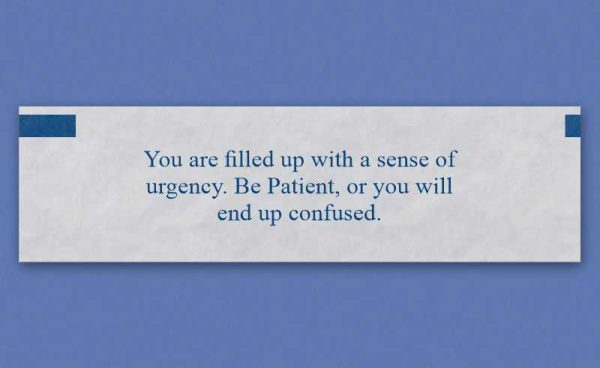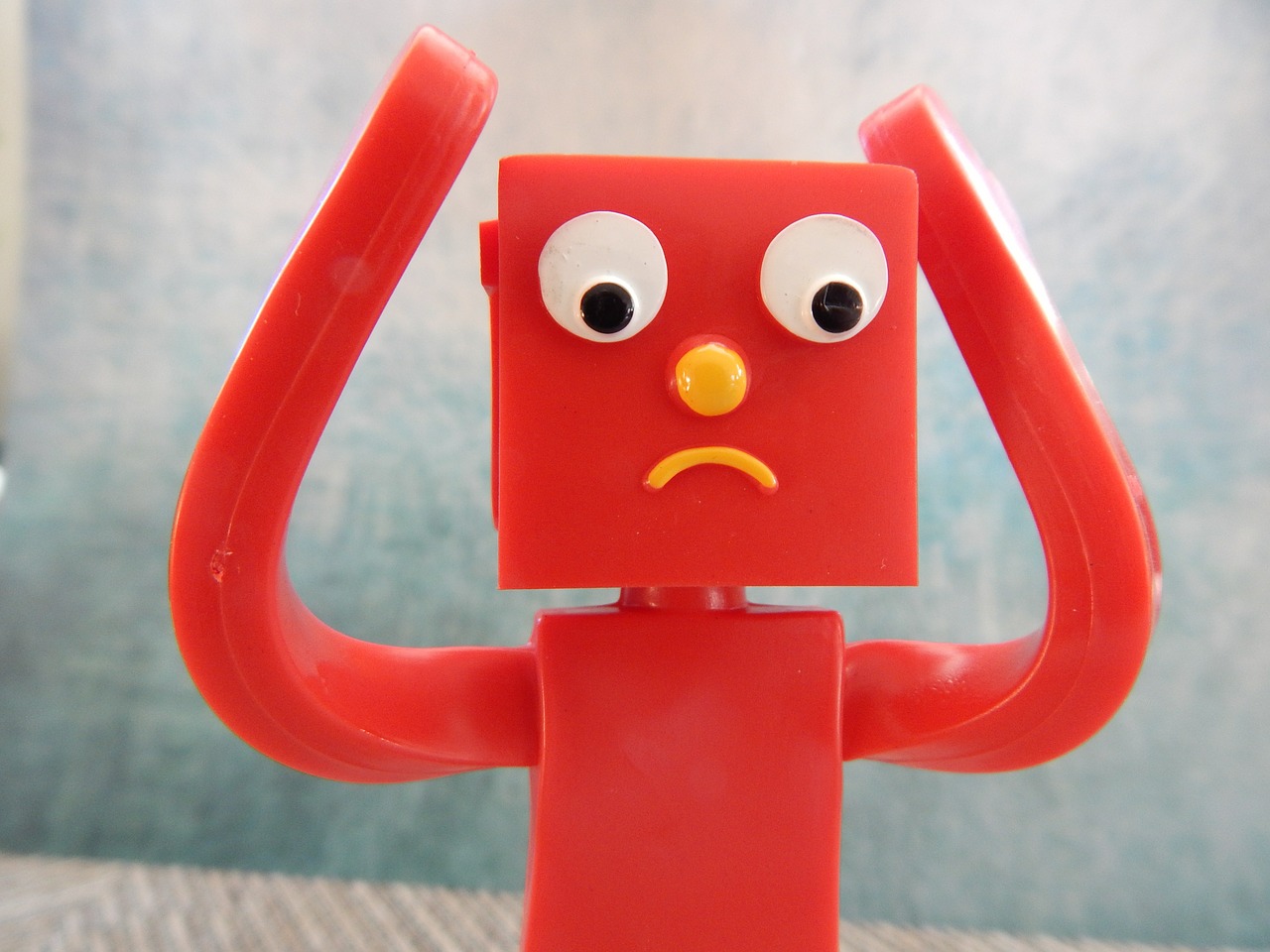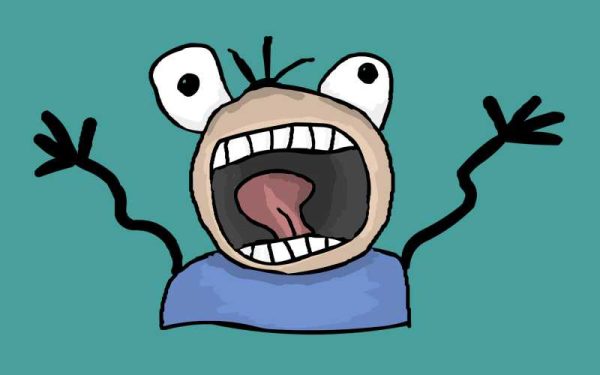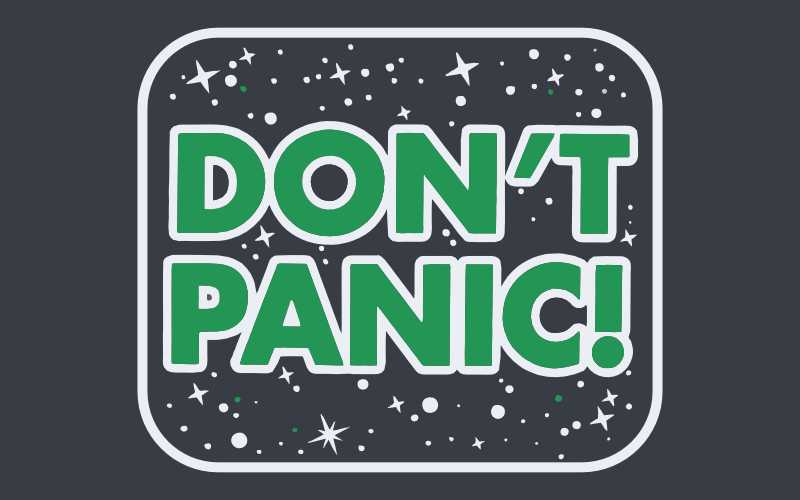Fortune Cookie Friday: Don’t Panic
For many of us, the lazy days of summer are over. “Winter is coming.” This phrase may bring thoughts of Game of Thrones or maybe even skiing down snowy slopes, but it brings a sense of urgency to me.
Fall is the time of year when I compile oodles of data from the year’s Bluebird nesting period, prepare my shop for the holiday season, and ready myself for school events. It’s also a time when I increase my writing and illustrating.
Something about the cooler weather and changing leaves causes me to jump into creative mode. Ideas pop into my head, and questions brew, especially as deadlines creep up.

When working on multiple projects at once, my focus tends to wander, and I question taking a new approach to what I’ve already written or drawn. Is this the direction I want to take this character? Does this plot drag on too long? Does the head look out of proportion compared to the body? Should I have used watercolor instead of pastel?
All these questions make me doubt my abilities, which can lead to anxiety.

At times like these, I fall back on a friend’s advice from when I was in college, “don’t panic.” We both read Douglas Adams’s The Hitchhiker’s Guide to the Galaxy (1979) and recalled those words on the cover when we were cramming for an exam. The exact words appeared on a fortune from a cookie twelve years ago when preparing my kids for school. It seems we should heed this advice often.
Panic comes in many forms, from “normal” panic, such as fear or anxiety, to panic attacks and full-blown disorders. There is even public panic when times look bad in the world, and people make a run on the banks—or toilet paper. Yup, we went there during the pandemic.
Panic is when our bodies go through that built-in fight or flight response. When we feel threatened in a real or perceived way, our nervous system kicks in and sets off alarms. Adrenaline surges through our bloodstream, our respiration increases, and we sweat like we just ran a mile. These are good reactions if there is a predator but bad when writing a term paper or studying for an exam.

During periods of panic, be it mild or severe, our bodies react to stimuli, and signals from the emotional part of the brain containing the amygdala, overpower the cognitive part containing the frontal lobe. It becomes hard to rationalize and think straight—this is certainly not the time to make decisions about money, love, or work.
Urgency will happen in life, but many times it is self-imposed. A fast-paced life, leaving things to the last minute, or taking too much on at once can all lead to anxiety, fear, or panic.

But if we take a moment, breathe, and try to think about our situation calmly, we can pull ourselves away from the anxiety we are feeling. We can increase our focus and perform our best. We need to slow things down and be patient with ourselves and others if we want greater control over situations and our decisions. So, don’t panic. And carry a towel.¹
¹The premise of carrying a towel is also from Douglas Adams’s The Hitchhiker’s Guide to the Galaxy (1979). It was important to travel with a towel since it was so helpful in many situations.




